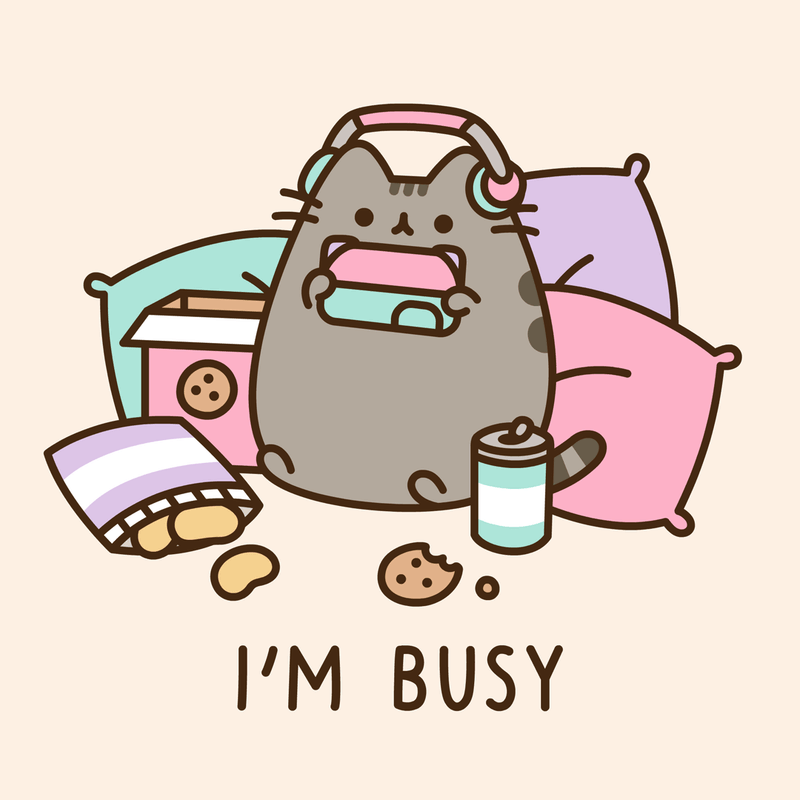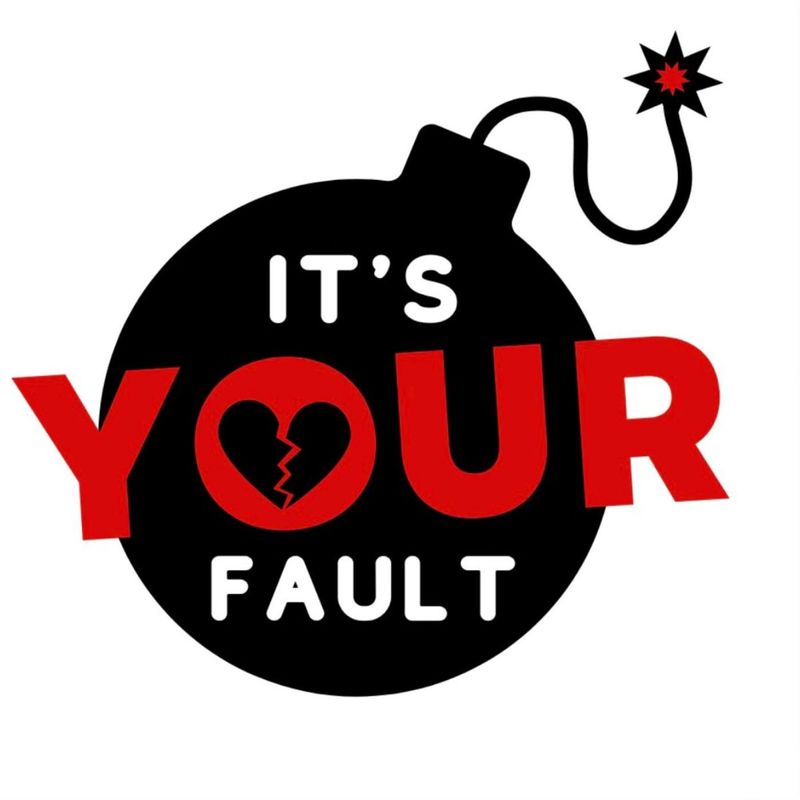Understanding cultural nuances in language is crucial, especially between different regions of the same country. In the United States, phrases commonly used in the North may not always carry the same meaning or politeness when spoken in the South.
This guide explores 20 everyday phrases that Northerners might say without realizing they could be considered rude by their Southern neighbors.
Each phrase comes with a description of its origin and why it might be misinterpreted, along with tips on alternative expressions to use.
1. “Shut Up!”
In many Northern regions, “Shut Up!” is often used playfully to express disbelief or surprise. However, in the South, this phrase can be interpreted as impolite or confrontational. It lacks the softness that Southern manners typically value.
Southerners often prefer more gentle expressions of surprise, such as “You’re kidding!” or “Bless your heart!” Using a softer tone and choosing words carefully can help bridge this cultural gap.
By understanding the weight of words, Northern visitors can communicate more effectively and respectfully in Southern communities.
2. “Whatever”
The word “Whatever” can end conversations abruptly and signal indifference in Northern areas. In the South, this term may come across as dismissive or disrespectful.
Southern culture often values maintaining harmony and showing interest in others’ thoughts and feelings. As a substitute, consider using phrases like “I understand” or “That’s interesting” to convey engagement.
Adapting language to show consideration can enhance interpersonal interactions and reflect genuine interest in Southern hospitality.
3. “You People”
The phrase “You People” might seem neutral or descriptive in the North, but in the South, it can be perceived as distancing or even derogatory. It implies a separation between the speaker and the group, which can be unsettling.
Southerners appreciate inclusive language that fosters a sense of community. Instead of “You People,” try using “Y’all” or directly addressing individuals when feasible.
This simple shift in phrasing promotes inclusivity and acknowledges the warm, collective spirit cherished in Southern social circles.
4. “Calm Down”
“Calm Down” often implies a lack of patience and can exacerbate tensions, especially in the South. This phrase tends to indicate that someone’s feelings are invalid or overblown.
Southern culture generally emphasizes patience and empathy in conversations. Rather than instructing someone to calm down, it’s more effective to ask if they’re okay or if they need help.
This approach demonstrates empathy and appreciation for their feelings, aligning with Southern values of understanding and compassion.
5. “I Don’t Care”
Saying “I Don’t Care” might be a straightforward expression of neutrality in the North, but it can sound uncaring or harsh in Southern dialogues. Southerners generally prefer expressions that acknowledge feelings and maintain politeness.
Offering alternative phrases like “I’m open to ideas” or “Whatever you think is best” can communicate flexibility without sounding dismissive.
Using positive language fosters goodwill and helps to preserve the courteous demeanor that is often valued in Southern interactions.
6. “That’s Stupid”
The phrase “That’s Stupid” is blunt and direct, which might be acceptable in Northern conversations. However, in the South, such directness can be perceived as offensive or insulting.
Southern etiquette often involves more nuanced and polite ways of disagreeing or critiquing ideas. Consider softer alternatives like “I see it differently” or “Can you explain more?”
These expressions show respect for other viewpoints and maintain the decorum highly valued in Southern communication.
7. “Deal with it”
“Deal with it” may convey a sense of toughness or resilience in the North, but in the South, it can be seen as unsympathetic and dismissive.
This phrase suggests a lack of support or willingness to help, which contradicts the Southern emphasis on community and helping others. Opt for expressions like “How can I help?” or “Let’s work through it together” to show solidarity and understanding.
Such language not only aligns with Southern values but also strengthens relationships through empathy and cooperation.
8. “You’re Wrong”
In Northern debates, “You’re Wrong” might be a straightforward declaration, but in the South, it can come across as confrontational. Southerners typically favor a more diplomatic approach to disagreements.
Instead of bluntly stating someone is wrong, consider saying “I have a different perspective” or “Let’s look at it another way.” This promotes dialogue and mutual respect, keeping the conversation constructive.
Emphasizing collaboration over confrontation helps maintain the courteous atmosphere cherished in Southern culture.
9. “No Offense”
The phrase “No Offense” often precedes remarks that might be perceived as offensive, especially in Southern culture where politeness is paramount. Such a disclaimer can inadvertently signal that something offensive will follow, undermining the intent.
Southerners appreciate sincerity and straightforwardness without the need for disclaimers.
It’s more effective to rephrase potentially sensitive comments in a considerate manner or to leave them unsaid. This approach fosters genuine respect and avoids the pitfalls of unintended rudeness.
10. “Get Over It”
“Get Over It” may be intended as a call to resilience in the North, but in the South, it can be perceived as unsympathetic. This phrase lacks the empathy and support that Southerners often prioritize in difficult situations.
Instead of dismissing someone’s feelings, offering a listening ear or saying “I’m here for you” can be more comforting. Such empathetic language aligns with Southern values and helps in building strong, supportive relationships.
11. “That’s Not My Problem”
“That’s Not My Problem” can indicate boundaries in the North, but in the South, it might come across as cold or uncaring. Southern hospitality often involves going above and beyond to assist others.
Instead of detaching from the issue, consider saying “How can I assist?” or “Let’s find a solution.” This expression of willingness to help reinforces the communal spirit and kindness that are central to Southern social interactions.
12. “Whatever You Say”
“Whatever You Say” may sound agreeable in the North, but in the South, it can be perceived as dismissive or sarcastic. It suggests a lack of genuine agreement or interest. Southerners value sincerity and meaningful engagement in conversations.
Replacing it with “I see your point” or “Let’s explore that” provides a more engaging and respectful dialogue. This subtle change not only enhances communication but also respects the warmth and authenticity cherished in Southern relationships.
13. “I Can’t Help You”
Saying “I Can’t Help You” might be a simple admission of inability in the North, but in the South, it can seem like a refusal of assistance. Southern culture often emphasizes finding solutions and offering support.
Instead of outright denial, try saying “Let’s figure this out” or “I’ll find someone who can help.” This positive approach reflects Southern values of cooperation and assistance, strengthening trust and camaraderie in social and professional settings.
14. “You’re Overreacting”
The phrase “You’re Overreacting” can invalidate someone’s feelings, making it potentially offensive in the South where empathy is key. Recognizing emotions and offering support aligns better with Southern sensibilities.
Instead of dismissing the reaction, ask “How can I support you?” or “What’s troubling you?” to show understanding. This empathetic response not only respects Southern values but also nurtures open communication and mutual respect.
15. “I’m Busy”
In Northern regions, “I’m Busy” is a common excuse, but it might come across as dismissive in Southern conversations. Southerners value taking time to connect and show interest in others.
Rather than using this phrase, consider explaining the situation or offering to reconnect later.
Saying “I have a lot going on right now, but let’s catch up soon” can maintain the warmth and friendliness expected in Southern interactions, demonstrating both understanding and respect.
16. “It’s Your Fault”
“It’s Your Fault” assigns blame directly and can spark defensiveness, especially in the South where diplomacy is preferred. Southerners often approach issues with tact and a collaborative mindset.
Instead of blaming, try saying “Let’s see what went wrong” or “How can we fix this together?” This encourages teamwork and problem-solving, fostering a positive atmosphere that respects the Southern emphasis on harmonious relationships and constructive dialogue.
17. “That’s Just How It Is”
The phrase “That’s Just How It Is” can convey resignation and a lack of interest in change, which might be unwelcome in Southern conversations. Southerners often appreciate proactive approaches and openness to improvement.
Instead of shutting down discussions, try saying “Let’s explore our options” or “How can we improve this?” This approach not only opens the door to constructive dialogue but also aligns with the Southern values of optimism and progress.
18. “Whatever Works”
“Whatever Works” can sound indifferent or noncommittal in the South, where attentiveness and involvement are valued. This phrase may imply a lack of interest in the outcome or details.
Southerners often appreciate more enthusiastic engagement, so consider saying “Let’s find the best way” or “How can we make this great?”
This not only demonstrates commitment but also aligns with the Southern appreciation for detailed and thoughtful communication.
19. “Do It Yourself”
The phrase “Do It Yourself” promotes independence in the North but can seem unhelpful in the South, where collaboration is often appreciated. Southerners favor working together to solve problems, so offering help instead can resonate better.
Saying “Let me assist you” or “How can we tackle this?” can strengthen relationships and reflect the Southern value of community support. This approach not only builds goodwill but also emphasizes teamwork and cooperation.
20. “Figure It Out”
“Figure It Out” may encourage self-reliance in the North, but it can induce stress in the South, where guidance is often valued. Southerners usually appreciate supportive assistance and collaboration.
Instead of leaving someone to manage alone, consider saying “Let’s work through this” or “I’m here to help you.”
This supportive language aligns with the Southern emphasis on mentorship and collective problem-solving, promoting a nurturing and educational environment.




















